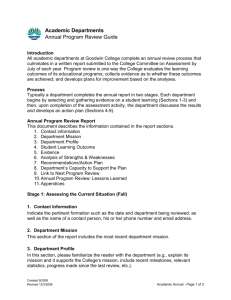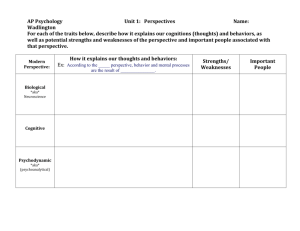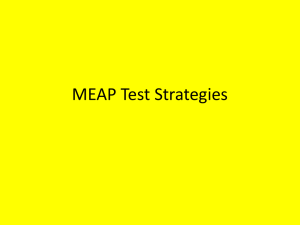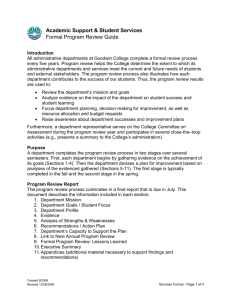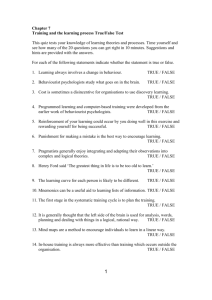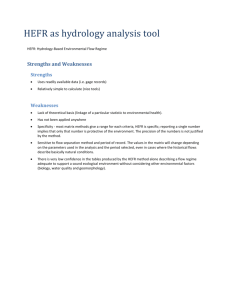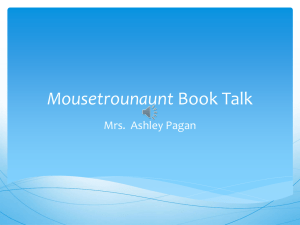behaviourist evaluation ppt
advertisement
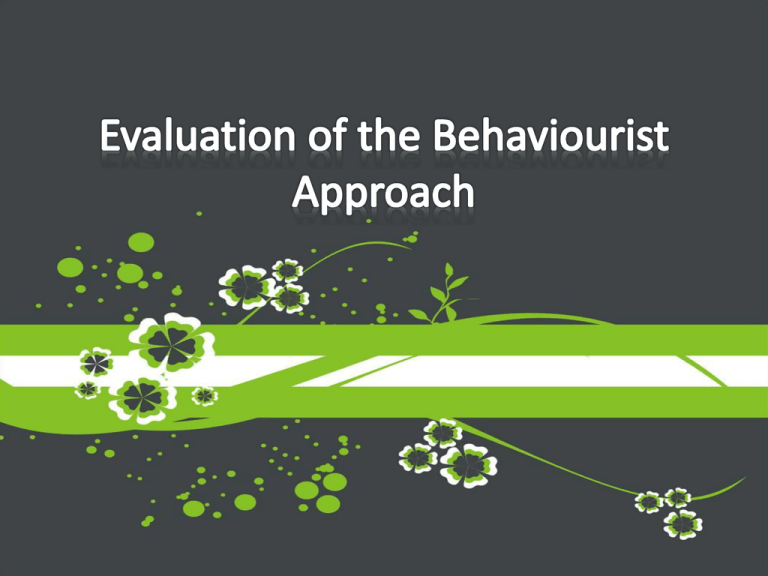
• Learn how to evaluate an approach • Highlight some strengths and weaknesses of the behaviourist approach • What is AO2? – Evaluation, analysis, comparing and contrasting – Identify and explain the strengths and weaknesses of an approach • With the people around you, can you think of some strengths and weaknesses of the behaviourist approach? • What do you think this stands for? – Nature/Nurture – Nomothetic/Idiographic – Usefulness – Reductionism/Holism – Determinism/Free Will – Scientific • Real world applications? – Reward and punishment in schools – Token economy – Animal training • Therapy – Systematic Desensitisation – Aversion therapy • • • • • • Based on evidence? Makes testable predictions? Researched is unbiased and objective? Research is controlled, valid and reliable? Research can be replicated? Qualitative or Quantitative data? • Theories based on animal research • Focus on the here and now • Complete the table with the evaluation points relating to the debates. There is also information in the book (pg 24-25) • Highlight in two different colours the strengths and the weaknesses. Make sure to write down a key somewhere to help you when you revise. • 3a: Evaluate two strengths of the behaviourist approach (6) • 3b: Evaluate two weaknesses of the behaviourist approach (6) • USE THE GUIDANCE!!!

